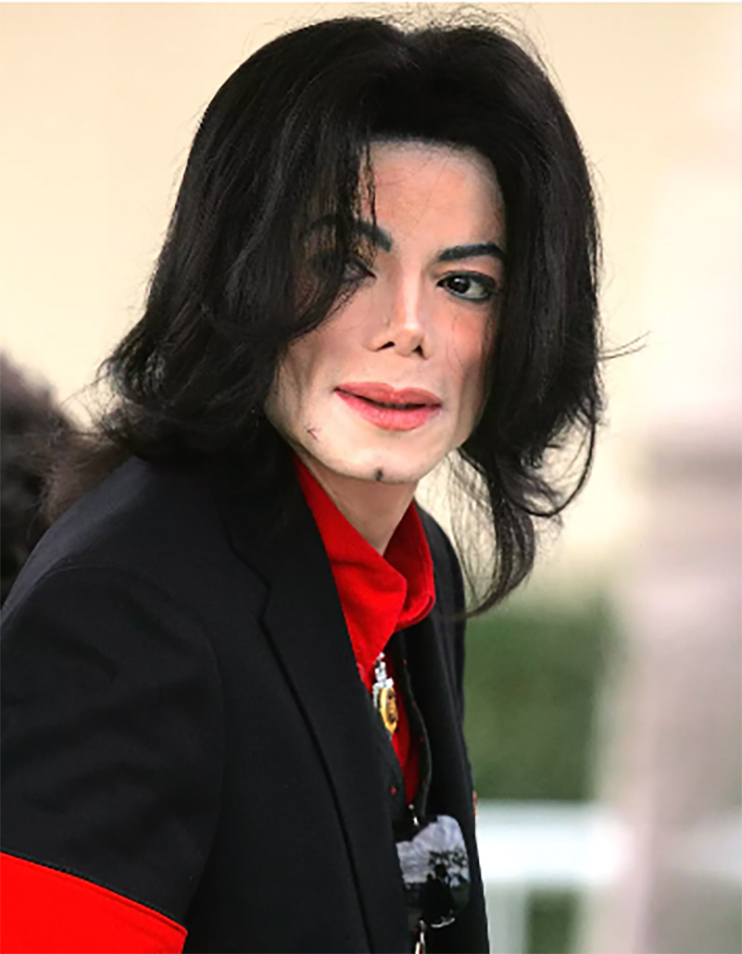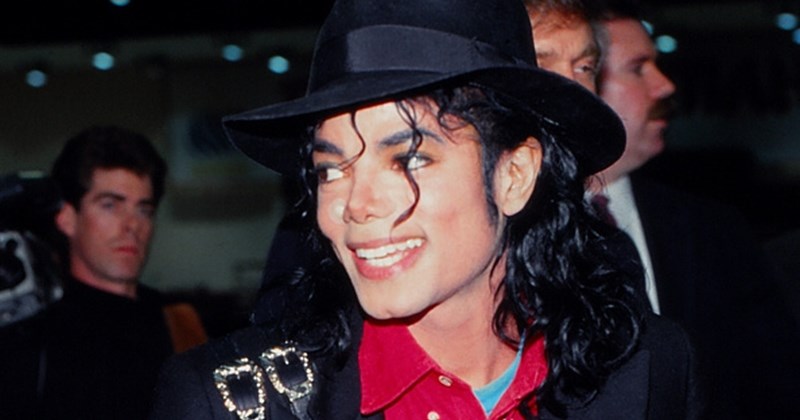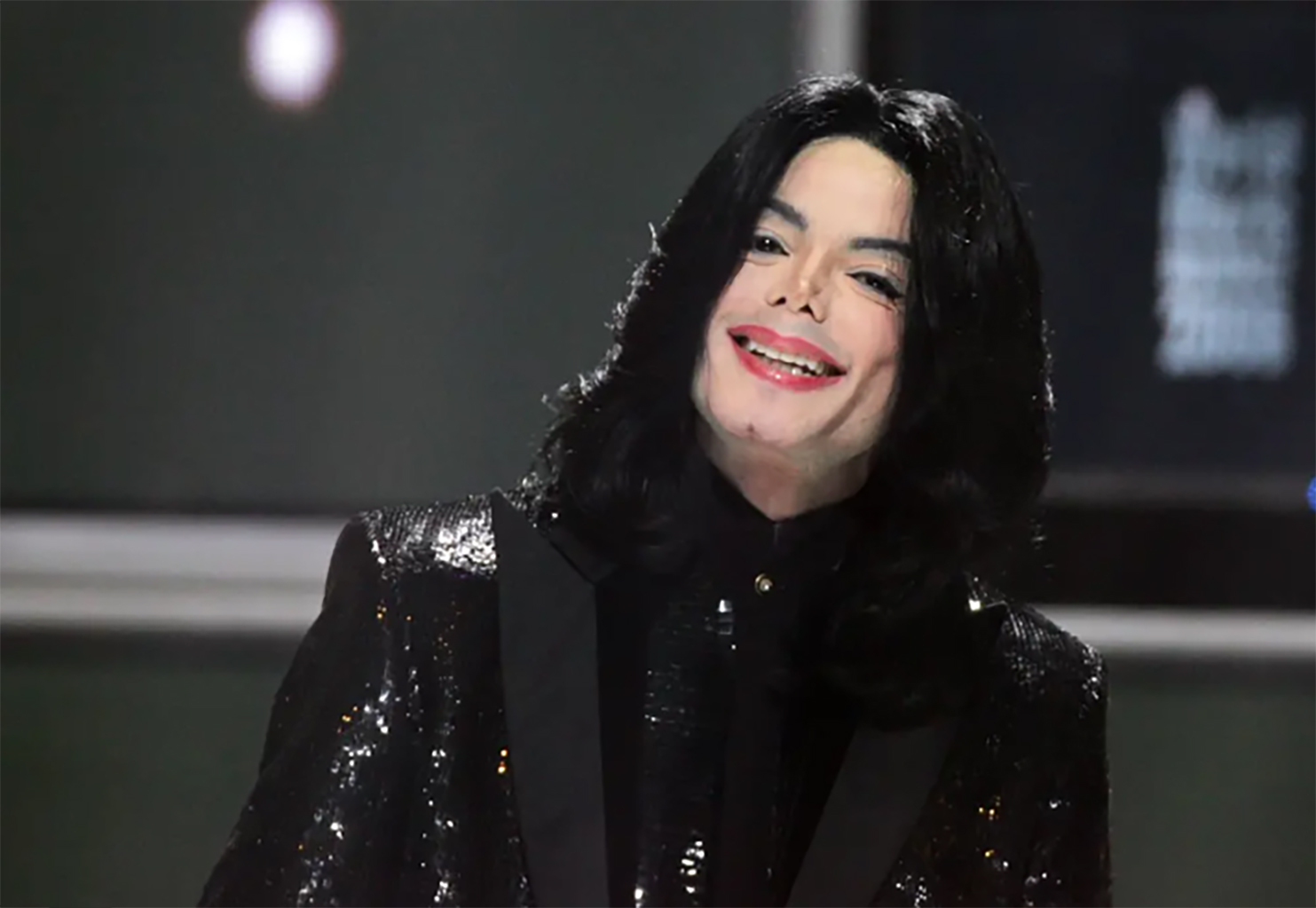Michael Jackson, known as the “King of Pop,” was a global icon who redefined music, dance, and the very nature of celebrity. But despite his extraordinary career, his last years were marked by physical and emotional turmoil, often overshadowed by his battle with health problems, addiction, and the pressure of being in the spotlight. Behind the glitz and glamour of his public persona, Jackson was grappling with an array of personal and physical struggles that ultimately contributed to his untimely death.
When Michael Jackson passed away on June 25, 2009, the world was left in shock and disbelief. His sudden death was both tragic and puzzling, sparking intense media scrutiny and public fascination. Soon after, forensic investigations into the cause of his death revealed a complicated mix of health issues, medical treatments, and emotional distress that had led to his untimely demise.
The forensic analysis of Michael Jackson’s remains provided insight into the toll that his life of excessive treatments, physical stress, and emotional strain had taken on his body. While the King of Pop was famous for his resilience on stage and his unparalleled work ethic, the years leading up to his death revealed a different side of the superstar, one filled with pain and desperation for a return to health that ultimately proved futile.
The Battle with Physical Ailments
Michael Jackson’s final years were marred by a series of medical issues that took a significant toll on his body. At the height of his fame, Jackson had been known for his impeccable health, an image that became an integral part of his public persona. However, the truth was far more complicated. Jackson struggled with chronic pain, a range of medical conditions, and intense physical stress.

A key aspect of Jackson’s deteriorating health was his battle with vitiligo, a skin condition that causes depigmentation of large patches of skin. This condition not only affected his appearance but also had psychological ramifications, as Jackson was often the subject of cruel media attention and speculation. While vitiligo was a source of physical distress, it also added to the emotional burden Jackson carried throughout his life. The relentless attention to his changing appearance only deepened his sense of isolation.
In addition to vitiligo, Jackson was known to suffer from multiple other health issues, including joint pain, nerve damage, and issues with his spine. For years, the singer sought various treatments to alleviate his discomfort and return to good health, but the strain these conditions put on his body only worsened over time. These health problems were further exacerbated by the relentless physical demands of his career, particularly his intense rehearsal schedules and performances.
By the time of his death, Jackson’s body was severely weakened by the years of physical stress and the toll of managing multiple medical conditions.
The Search for a Cure: Oxygen Chambers and Extreme Treatments
In a desperate attempt to reverse the damage to his body, Michael Jackson sought out numerous medical treatments and alternative therapies. One of the most notable was his use of an oxygen chamber. The oxygen chamber was a part of a broader effort to try and “heal” his body and regain his vitality. Jackson believed that hyperbaric oxygen therapy could rejuvenate his cells, heal his skin, and help him recover from the physical damage caused by his various ailments.
Hyperbaric oxygen therapy, which involves breathing pure oxygen in a pressurized chamber, is sometimes used to promote healing in certain medical conditions. Jackson, however, became a staunch believer in the therapy, to the point where he reportedly spent a considerable amount of money to build a state-of-the-art oxygen chamber. He used it regularly, hoping it would help reverse the effects of his aging body.

But despite Jackson’s commitment to these treatments, they proved ineffective in addressing the underlying issues that plagued his health. His reliance on oxygen chambers and similar treatments revealed his growing desperation to reverse the damage to his body. Yet, as time went on, it became clear that these efforts could not undo the physical toll of his lifestyle and medical conditions.
In addition to the oxygen chamber, Jackson underwent other treatments, including various injections, painkillers, and even surgeries, in an effort to alleviate his chronic pain. His constant reliance on prescription medications to manage pain and maintain his energy only compounded his health problems, creating a dangerous cycle of dependence that ultimately contributed to his demise.
The Role of Prescription Medications and the Cause of Death
One of the most controversial aspects of Michael Jackson’s health was his dependence on prescription medications. According to the results of the forensic investigation into his death, Jackson’s body showed signs of severe medication use, including multiple powerful sedatives and painkillers.
The forensic analysis revealed that Jackson had a cocktail of prescription drugs in his system at the time of his death, including propofol, an anesthetic typically used in surgical settings, and benzodiazepines, which are sedatives prescribed for anxiety and sleep disorders. These drugs were administered by his personal physician, Dr. Conrad Murray, who had been tasked with overseeing Jackson’s health during his final days.

The forensic examination found that propofol was the primary cause of Jackson’s death. The drug, which is not typically used outside of a hospital setting, was found in lethal doses in his system. It had been administered in an attempt to help Jackson sleep, but the combination of propofol with other sedatives and medications created a dangerous and ultimately fatal situation. Dr. Murray’s actions and his administration of these drugs ultimately led to Jackson’s death from acute propofol intoxication.
While Jackson had been seeking medical treatment for pain and sleep issues, the use of these powerful medications was not a solution to his deeper health problems. Rather than finding lasting relief, Jackson’s body was subjected to the devastating effects of the drugs, which only worsened his physical and emotional state. The forensic analysis, while confirming the cause of death, also highlighted the extent to which Jackson had been using these medications to cope with the pain and distress that had plagued him for years.
The Emotional Toll: Mental Health Struggles and Isolation
The physical struggles that Michael Jackson faced were deeply intertwined with his emotional and mental health issues. His public persona as the King of Pop often masked a life filled with isolation, anxiety, and a profound sense of loneliness. Jackson was under constant scrutiny from the media, and he struggled with the pressures of being in the public eye.
Beyond the physical ailments, Jackson’s mental health struggles were also a significant factor in his final years. The constant media attention, the accusations of child abuse, and his inability to live a “normal” life contributed to his feelings of isolation and emotional instability. Despite the legions of fans who adored him, Jackson found it difficult to trust people, and he often withdrew from society to escape the constant pressure.

His emotional and psychological distress only compounded his physical suffering, creating a toxic cycle that ultimately led to his untimely death.
Conclusion: A Life of Excess and Regret
The forensic analysis of Michael Jackson’s remains paints a tragic picture of a man who, despite his extraordinary talent and fame, was deeply troubled by his health and emotional well-being. The search for a cure through oxygen chambers, prescription medications, and extreme treatments highlights his desperation to return to health, but these efforts were ultimately in vain.
Jackson’s premature death, caused by a combination of prescription drugs and chronic health problems, was a heartbreaking end to a life that had been filled with both unimaginable success and personal turmoil. His reliance on medications and unproven treatments underscores the extent to which his physical and emotional pain had become unbearable.
Though the King of Pop’s legacy as a musical genius remains intact, his last years serve as a somber reminder of the personal battles that even the brightest stars must face. Michael Jackson’s story is one of extraordinary talent and deep personal struggle, a tale of a man who sought healing but ultimately succumbed to the weight of his own pain.
News
Fox News’ Kat Timpf Outlines Next Steps Following Breast Cancer Diagnosis, Says ‘It’s Over’ Once She Recovers
The broadcaster shared her upcoming plans, which include “a double mastectomy” and “getting back in the gym” Kat Timpf. Photo: Omar Vega/Getty…
EXCLUSIVE: Today’s Sheinelle Jones to officially replace Hoda Kotb as Jenna Bush Hager’s co-host after she’s back from family leave
TODAY’s Sheinelle Jones is poised to officially replace Hoda Kotb as Jenna Bush Hager’s co-host after she returns from family…
Tyler Perry Pays Heartfelt Tribute To Angie Stone: ‘She Touched So Many Lives’
Tyler Perry Pays Heartfelt Tribute To Angie Stone: ‘She Touched So Many Lives’ As the entertainment world and music fans…
Witness Testifies Seeing Kelly Smith Dragging Joshlin into Shack Before Her Disappearance
Key Testimony Revealed in Western Cape High Court A crucial witness has testified in the Western Cape High Court regarding…
Joslin Smith Found After a Year-Long Search: A Nation Reacts to a Heartbreaking Case
In a major breakthrough, the South African Police Service (SAPS) confirmed the discovery of seven-year-old Joslin Smith, who had been…
The shocking story of the 8-year-old girl who survived the ZCC Moria bus accident that k!lled 45 people who were going to church. See here why she is the only one who survived & yet the other 45 people died.
8-Year-Old Girl Sole Survivor in Tragic Bus Crash That Kills 45 Easter Pilgrims in South Africa A Devastating Accident An…
End of content
No more pages to load












